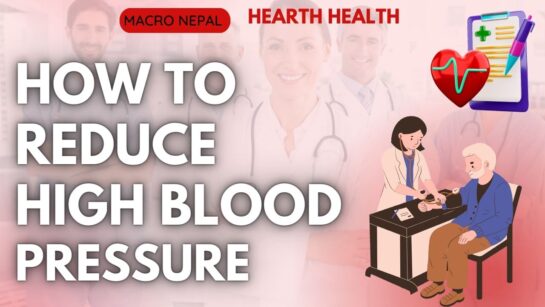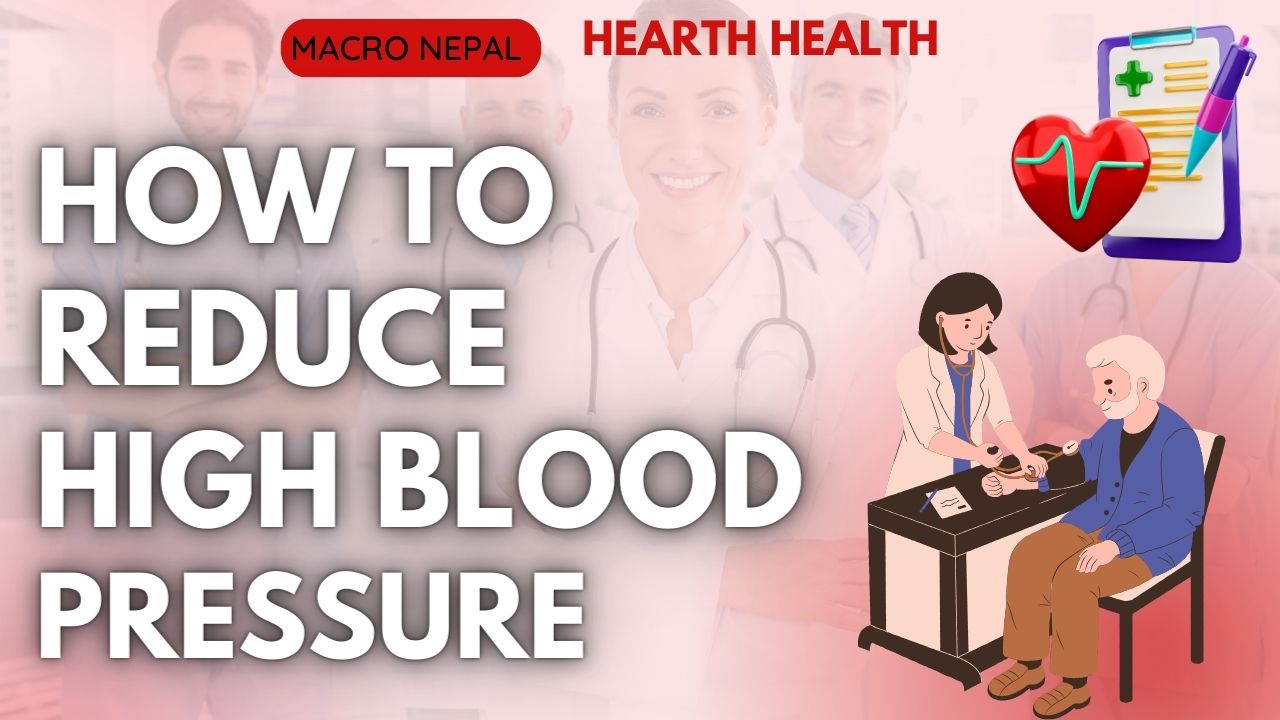How to Control High Blood Pressure: A Comprehensive Guide
High blood pressure, or hypertension, is a common yet serious condition that can lead to severe health complications if left unchecked. Managing high blood pressure involves a combination of lifestyle changes, dietary adjustments, and, in some cases, medication. This article explores effective strategies for controlling high blood pressure, helping you lead a healthier life.

Understanding High Blood Pressure
What is High Blood Pressure?
High blood pressure occurs when the force of blood against the walls of your arteries is consistently too high. This can damage your arteries, heart, and other organs. Blood pressure is measured in millimeters of mercury (mm Hg) and is recorded with two numbers: systolic (upper number) and diastolic (lower number). A normal reading is typically around 120/80 mm Hg.
Why is it Important to Control Blood Pressure?
Uncontrolled high blood pressure can lead to:
- Heart disease
- Stroke
- Kidney damage
- Vision loss
- Sexual dysfunction
Controlling your blood pressure reduces the risk of these serious health issues.
Lifestyle Changes to Manage Blood Pressure
1. Maintain a Healthy Weight
Being overweight increases your risk of hypertension. Losing even a small amount of weight can significantly lower your blood pressure. Aim for a body mass index (BMI) between 18.5 and 24.9.
2. Exercise Regularly
Regular physical activity, such as 150 minutes of moderate-intensity aerobic exercise per week, can lower blood pressure by about 5-8 mm Hg. Activities like walking, jogging, cycling, and swimming are excellent choices.
3. Eat a Balanced Diet
The DASH (Dietary Approaches to Stop Hypertension) diet is particularly effective for lowering blood pressure. It emphasizes:
- Fruits and vegetables
- Whole grains
- Low-fat dairy products
- Lean proteins
- Reducing sodium intake
4. Reduce Sodium Intake
Excess sodium can increase blood pressure. Limit your sodium intake to less than 2,300 milligrams per day, ideally aiming for 1,500 milligrams. Avoid processed foods, canned soups, and fast food, which are often high in sodium.
5. Limit Alcohol Consumption
Drinking alcohol can raise blood pressure. Men should limit themselves to two drinks per day, while women should have no more than one. One drink is equivalent to 12 ounces of beer, 5 ounces of wine, or 1.5 ounces of 80-proof liquor.
6. Quit Smoking
Smoking increases blood pressure and harms your blood vessels. Quitting smoking can help normalize your blood pressure and improve your overall health.
Stress Management Techniques
1. Practice Relaxation
RELATED ARTICLES: MAYO CLINIC

